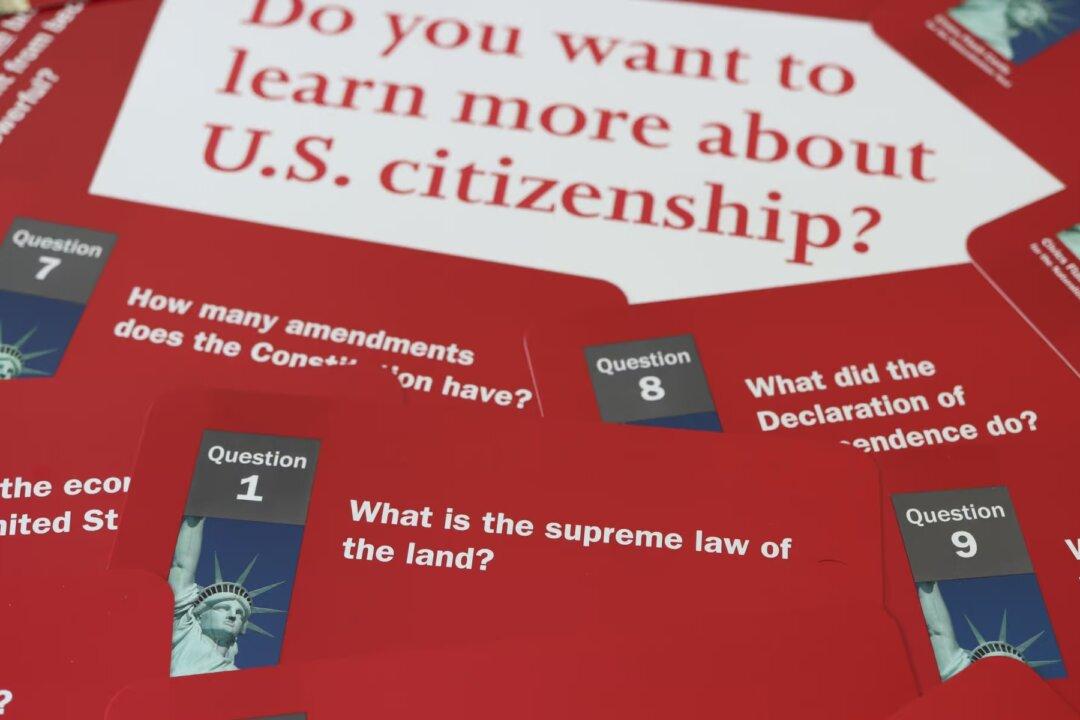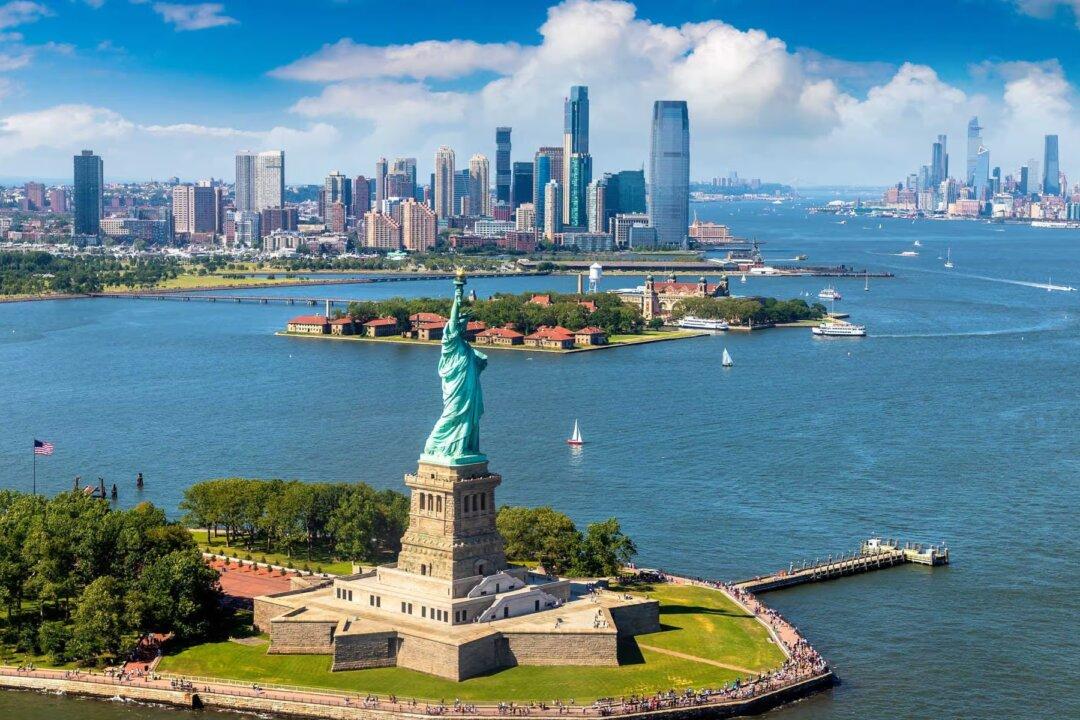Commentary
The Information Age, for all its wonders in the vast and instant access to any topic imaginable, is really quite a paradox. Accessible information should ideally lead to greater knowledge and understanding. Yet information is not always true or accurate, causing confusion and misleading recipients. Journalists and news organizations, therefore, bear a duty to their readers to investigate and verify information before publishing.





